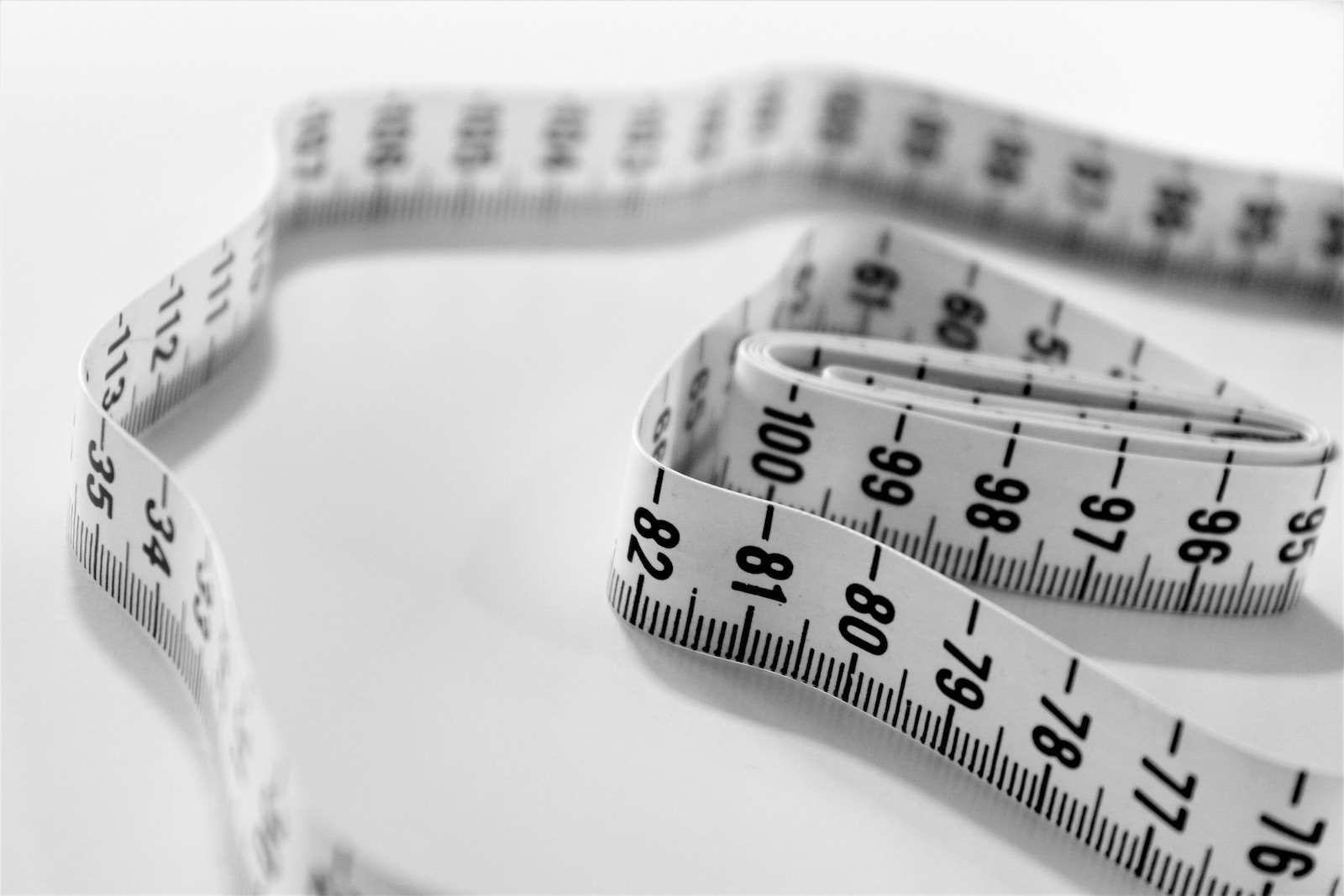You might have heard that sex burns a lot of calories and can help you lose weight. However, it is important to note that the calorie burn associated with sexual activity varies depending on several factors.
It is also worth noting that hormonal changes can cause weight gain, especially in women during perimenopause. Let’s discuss this topic in more detail.
1. Hormones
The common belief is that sex can cause weight gain due to the release of prolactin, which causes water retention and bloating. However, these effects are temporary.
Moreover, sex can actually help you lose weight if it is done regularly with a partner who is committed to losing weight and leading a healthy lifestyle. It helps increase muscle mass and boosts metabolism, which results in a higher calorie burn even when at rest. It also reduces stress, which is often a cause of overeating and weight gain.
In addition to promoting physical health, sex can help improve mental health and promote positive moods. It may also help reduce depression, which is associated with overeating and weight gain. It can also help regulate hormones, including estrogen and cortisol, which are responsible for the distribution of fat throughout the body.
In fact, a 30-minute sexual activity can burn anywhere from 85-150 calories. This is equivalent to a short walk or light jog. However, it is important to note that sex is not an effective replacement for regular exercise. In order to achieve the best weight loss results, you should combine sex with a balanced diet and physical activity. Also, it is important to avoid high-calorie snacks and drinks before and after sex.
2. Physical Activity
You may have heard that sex burns calories, which makes it an excellent form of exercise. But, how many calories you burn during sex depends on your body weight and muscle mass. A person with more muscle will burn more calories during sex because their muscles require more energy to move. In addition, sexual activity increases the production of hormones like oxytocin and endorphins, which reduce stress levels, which can lead to less emotional eating.
However, a romp in the sheets can only help you lose weight if it lasts for a reasonable amount of time and is not too light-hearted. You should also maintain a healthy diet and make sure to get regular exercise.
While there is a correlation between sexual activity and BMI, it’s not clear whether the two factors are directly linked. Instead, other lifestyle factors may contribute to the relationship between sexual activity and BMI, including stress levels, food intake, and physical activity.
Nevertheless, sex is an excellent way to burn calories and is much more fun than most workouts. In fact, a 30-minute sex session can burn up to 100 calories on average. While it is not enough to lose weight, sex can help you keep your metabolism in check, which means that you will burn more calories at rest. In addition, sex can also increase your confidence and improve your self-esteem.
3. Diet
Changing your diet is the best way to control hormone levels, and ultimately your weight. Eating a balanced diet that includes plenty of protein, fiber, healthy fats and low-calorie foods can help regulate hormones like leptin and ghrelin to control hunger and appetite. In addition, getting enough sleep, staying hydrated, and getting regular exercise can also help to keep hormones in balance.
There is a common myth that women start to gain weight after they become sexually active. However, the truth is that this change in body composition has nothing to do with sex. Instead, it is often the result of hormonal changes associated with puberty, menstrual cycles and menopause.
It is also important to note that the number of calories burned during sex is often overstated. In fact, sex may only burn a small number of calories in a typical 24-minute session. It is also important to consider the type of sex and the position used, as these factors can affect the amount of calories burned.
Although sex may not cause weight gain, it can still provide many health benefits including stress reduction, improved sleep quality and feelings of closeness and intimacy with your partner. Additionally, sex can help to maintain a healthy weight by burning calories and helping you to manage your appetite. However, sex should not be used as a weight loss strategy and should be combined with a healthy eating plan and regular exercise.
4. Intimacy
While there’s no direct link between sex and weight gain, there is a correlation between lack of intimacy and obesity. If you’re not feeling close to your partner, you may have a hard time motivating yourself for sex. A lack of intimacy can also lead to a negative body image, which can affect your sex drive. Similarly, having too many responsibilities, such as work or children, can make you less interested in sex.
Intimate activities for sex include kissing, touching, masturbation, vaginal and oral sex. In the end, it doesn’t matter which type of intimate sex you do or don’t choose to engage in, as long as it is consensual and safe.
One issue that can inhibit sexual intimacy is physical limitations. For example, excess fat can cause problems with penetration for men and women. Women with a lot of belly fat can have trouble getting the penis in the right position for penetration, Metz says. In addition, women with microvascular disease (divisions in the blood vessels that can affect sensitivity and stimulation) may experience less pleasure during sex because of reduced blood flow to their clitoris.
If you’re having trouble being sexy, try to take steps to get more physically active. Incorporating more physical activity into your daily routine can burn calories, which can help you lose weight. You can also start dating more sexy people to increase your chances of getting more intimate with your partner.

